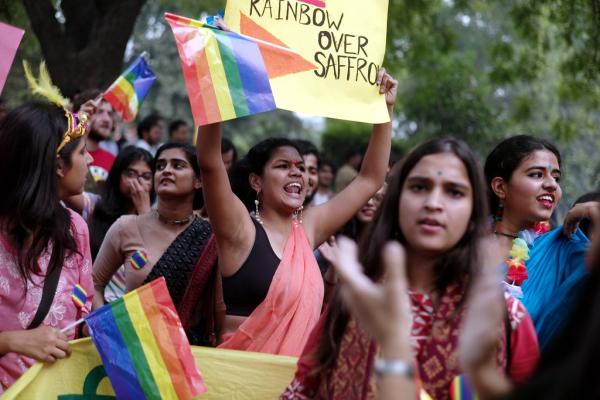
This paper examines the conflating of religious rhetoric and constitutional modernity in the legal deliberations related to Trandgender/Hijra/Koti/Khawaj Sira (THKK) communities in Pakistan and India. Both the nations (along with Bangladesh), have given positive legal recognition to THKK communities through Supreme Court verdicts and Transgender Bill of Rights within 2014-2018. An analysis of the Supreme Court judgements as well as legislations from both the nations reveal how religious understandings of gender diversity remain entangled with constitutional provisions related to equality for THKK persons. Diverse sex-gender presentations within religious narratives (in this case Islam and Hinduism), an ensemble of socio-religious actors presently collude in order to exchange trans/ rights with religious rhetoric. Such collusions cover over, religious nationalisms, conflicts and competing geopolitics between Pakistan and India. Co-authored with Dr. Sara Shroff (U of Toronto). This project is supported through the Social Science Research Council.
This event is free and open to the public.
Graduate Student Seminar
"Queering India"
Monday, Feb 24, 10 am, followed by lunch
311 Denney Hall
Dr. Debanuj DasGupta (OSU Ph.D., 2016) is Assistant Professor of Geography and Women's, Gender, and Sexuality Studies at the University of Connecticut. His research and teaching focuses on racialized regulation of space, immigration detention, queer migrations, sustainable development, and the global governance of migration, sexuality, and HIV. A social justice activist in his own right, Dr. DasGupta is the co-editor of Friendship As Social Justice Activism: Critical Solidarities in Global Perspective (University of Chicago Press), and Queering Digital India: Activisms, Identities and Subjectivities (University of Edinburgh Press). For a complete bio, please see his webpage.
South Asian Studies Initiative is a Working Group of the Humanities Institute at Ohio State.
